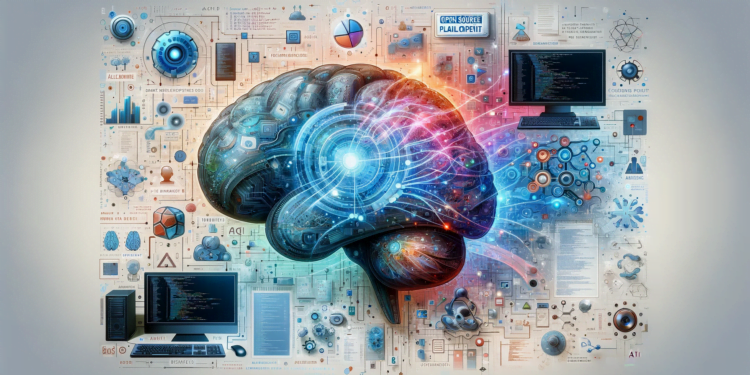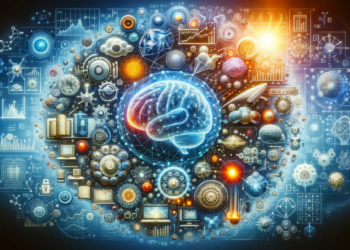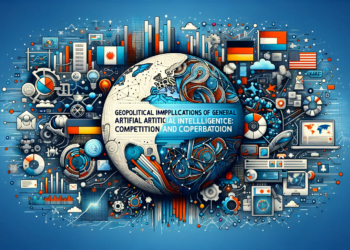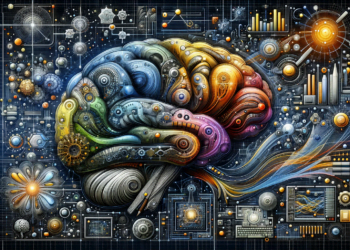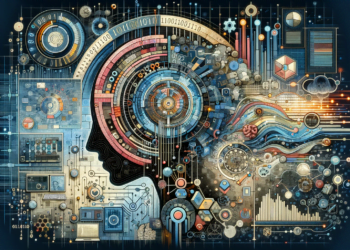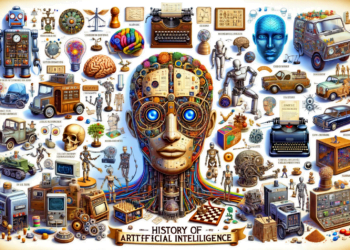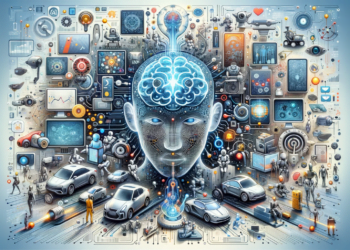General Artificial Intelligence (AGI) represents a transition horizon where machines’ capabilities surpass specific tasks, achieving the ability to understand and act rationally and sensibly in a variety of contexts, at or surpassing human cognition. The exploration of open-source platforms and tools in the development of AGI is crucial, as they democratize research and accelerate progress in this field.
Advancements in AGI Theorization
Before diving into the tools themselves, it is essential to understand the theories that underpin AGI. In line with David Chalmers’s intelligence space hypothesis, AGI requires the transversality of skills and cognitive functions. Additionally, Marcus Hutter’s systems approach, formalized in his work on ‘Universal Artificial Intelligence,’ provides a theoretical formulation based on the principle of maximum compression and reward.
Open-Source Tools for AGI
Open source is the cornerstone for collaborative development in AGI, offering researchers and developers access to tools that can be modified and enhanced. Below, we present some of the most prominent platforms:
OpenCog
The OpenCog framework is one of the most ambitious open-source projects for AGI. Its architecture is based on the AtomSpace knowledge representation system and the Scheme programming language to define patterns and rules. OpenCog aims to implement a variety of integrated cognitive processes, with a focus on learning and symbolic reasoning. The project seeks to transcend data-based machine learning models and focus on generating common sense and conceptual understanding.
SingularityNET
It’s a decentralized AI marketplace platform that enables the creation, sharing, and monetization of artificial intelligence services globally. AGI in this context benefits from the potential for service synthesis and federated learning algorithms, where different agents and algorithms can interact and integrate into what is called “emergent intelligence.”
AI Dungeon (Latitude)
AI Dungeon, created by Latitude, exemplifies a practical use of AGI technologies. Although its primary goal is entertainment, it uses advanced language models (like GPT-3) to generate contextually coherent interactive narratives, approaching the concept of generalization in AI. It emphasizes the crucial role of natural language generation (NLG) in achieving broader objectives in AGI.
Cognitive Integration and Algorithm Development
In building AGI, the integration of multiple cognitive subsystems is fundamental. Cognitive architectures like SOAR and LIDA have traditionally been benchmarks in this area, but open source allows for innovation on these foundations. Integration efforts extend to the use of platforms such as ROS (Robot Operating System), which, although focused on robotics, provide a framework for thinking about modularity and skill transfer.
A focal point of recent development in algorithms for AGI is the integration of deep learning techniques with symbolic paradigms, what some call “Neuro-symbolic.” This approach aims to bridge the gap between unstructured data processing – deep learning’s specialty – and abstract reasoning and symbolic understanding required by AGI.
Benchmarking and Evaluation
Standardizing the evaluation of AGI models is a challenge. Tools like AI-Box and the General AI Evaluation Platform (AIXIjs) provide frameworks within which artificial intelligence agents can be tested on a variety of tasks and contexts. These evaluation environments are essential in advancing research, as they allow for direct comparison between different approaches and the measurement of progress towards AGI.
Ethics and Socioeconomic Considerations
We cannot overlook the ethical and socioeconomic implications of AGI. With open-source tools, the governance of AGI becomes a collective effort where transparency and open collaboration are paramount to ensuring responsible and equitable development of these technologies.
Future and Potential Innovations
Looking to the future, the path towards AGI involves strengthening interdisciplinary collaboration, where advances in neuroscience, psychology, and other cognitive sciences are integrated with computer science and systems engineering. Flexible Artificial Intelligence (FAI) emerges as a future direction, where adaptability and robustness take the forefront.
In summary, open-source tools in AGI not only catalyze technical innovation but also promote a spirit of openness and global collaboration. As we challenge the limits of what is possible in artificial intelligence, maintaining this ethos of collaboration and openness will be critical in ensuring significant and ethical advances in the development of human-level intelligence and beyond.

